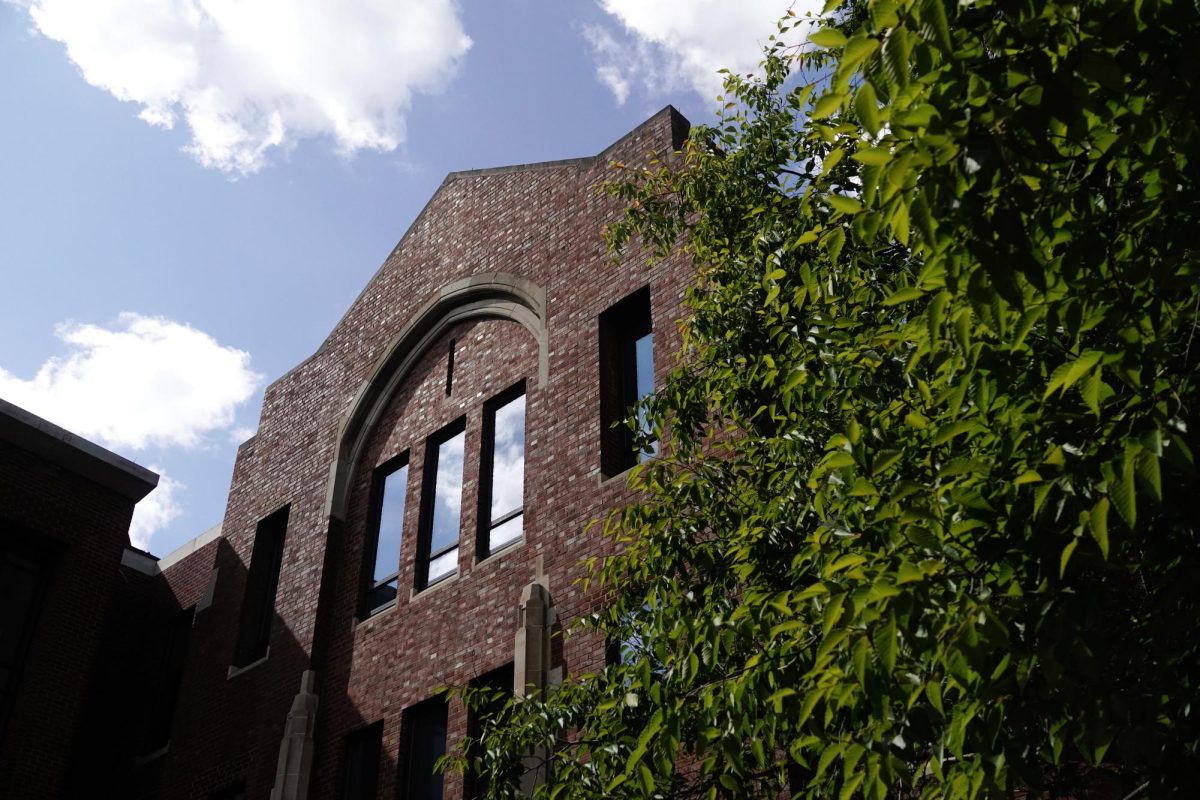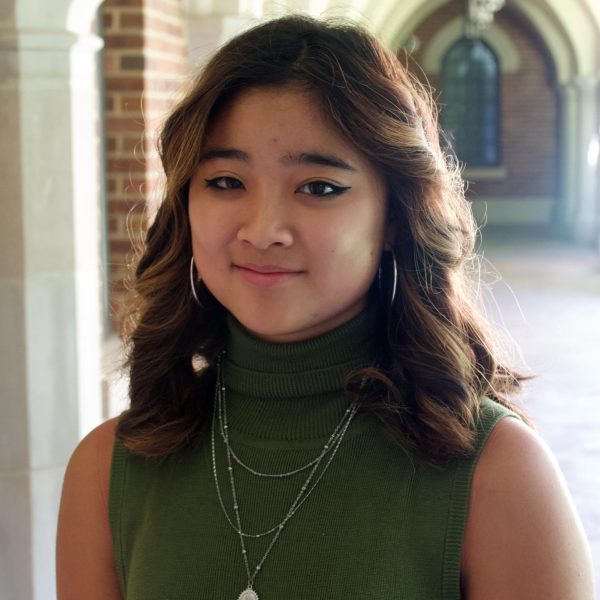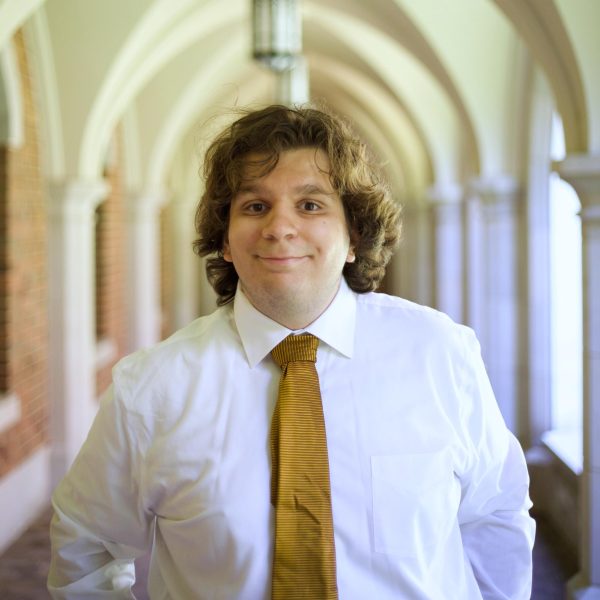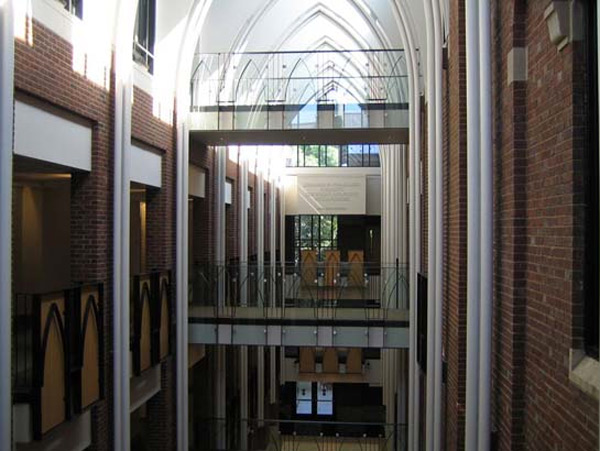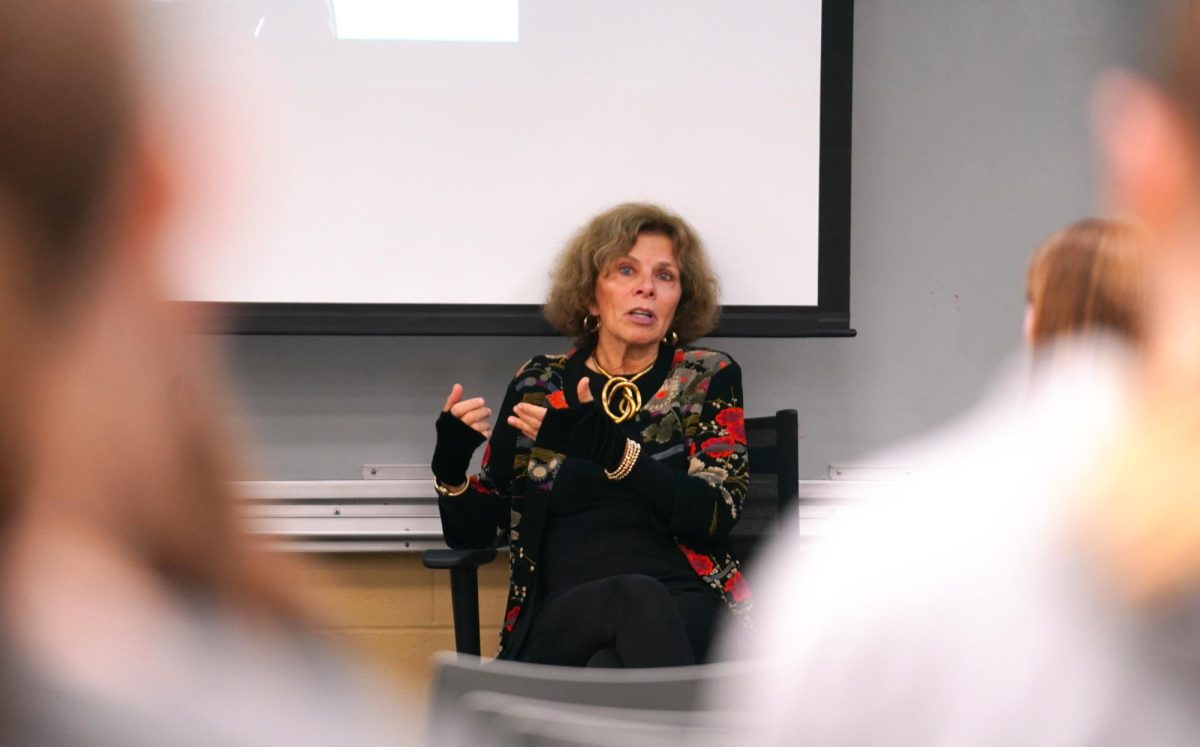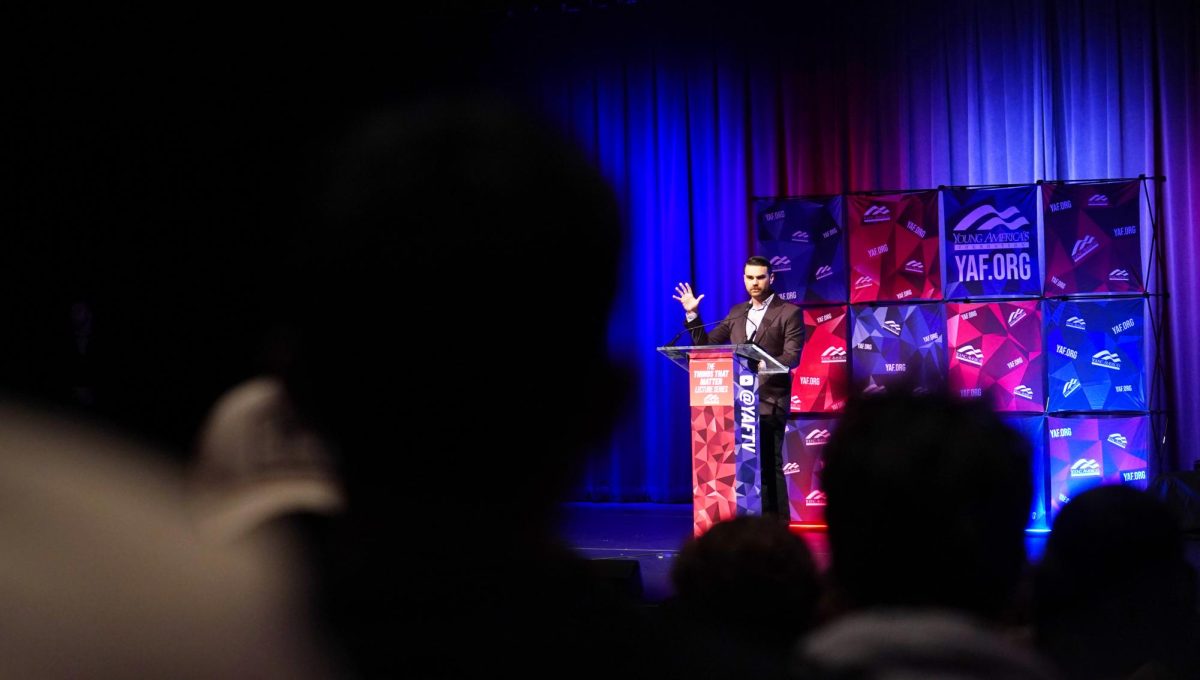Author and poet Ilya Kaminsky visited Vanderbilt on Sept. 26 as part of the 2024-25 Gertrude C. & Harold S. Vanderbilt Visiting Writers Series. Kaminsky read poems from his 2019 book “Deaf Republic” and answered questions posed by audience members.
The Visiting Writers Series, co-hosted by Vanderbilt’s department of English and creative writing program, brings nationally acclaimed writers to campus to read their work, visit classes and connect with community members. The series will feature 13 other award-winning authors and poets this year, including MacArthur Fellowship winner and fiction author Edward P. Jones, New York Times Best Book of the Year writer Adam Ross and Pulitzer Prize winner poet Gregory Pardlo.
Kaminsky read poems from his book “Deaf Republic,” which was named one of the 100 notable books of 2019 by The New York Times. The book addresses topics of international conflict, peace, love and resistance. While the anecdotes shared from the book are fictional, its themes connect to Kaminsky’s real life growing up in Odessa, Ukraine.
Kaminsky read from his poem, “In a Time of Peace,” about finding the beauty of life amidst violence.
“This is a time of peace. / I do not hear gunshots, / but watch birds splash over the backyards of the suburbs. / How bright is the sky / as the avenue spins on its axis. / How bright is the sky (forgive me) how bright,” Kaminsky said.
English professor ZZ Packer introduced Kaminsky at the event and said he was selected due to the popularity and quality of his work.
“Now, with the war in Ukraine, a lot of his work is especially trenchant,” Packer said. “But even if that wasn’t the case, he’s just one of the top-tier poets in America today.”
Sophomore William Masferrer said he enjoyed hearing Kaminsky’s unique presentation of poetry and gained valuable insights in his own writing process.
“I already knew that he spoke his poems in a really wacky way, and I really wanted to see what that was like,” Masferrer said. “All of the questions and all of his answers were super eye-opening as an aspiring writer.”
In addition to sharing structural and stylistic guidance for poetry writing, Kaminsky provided insights into the significance of the genre as a form of connection.
“This kind of approach towards language is very magical,” Kaminsky said. “Literature, or a poem anyway, is a moment of awe that travels from one human body to another by means of language. That, to me, is a fascinating thing.”

